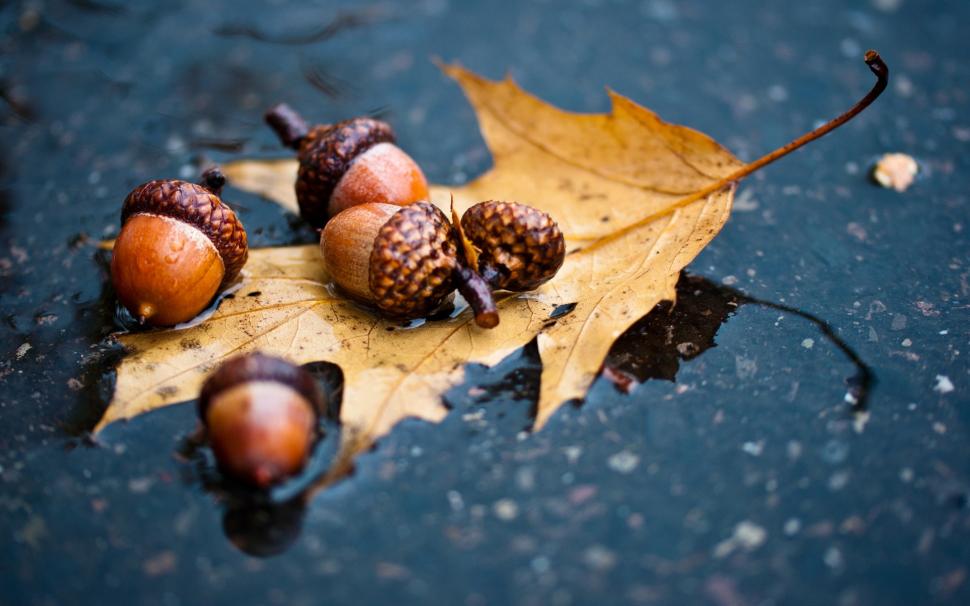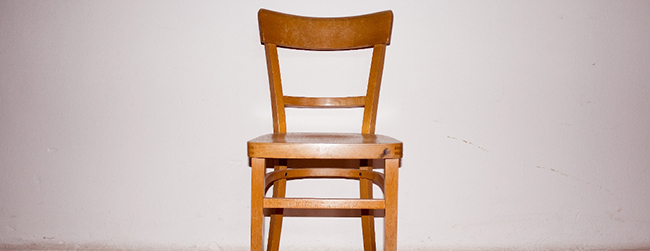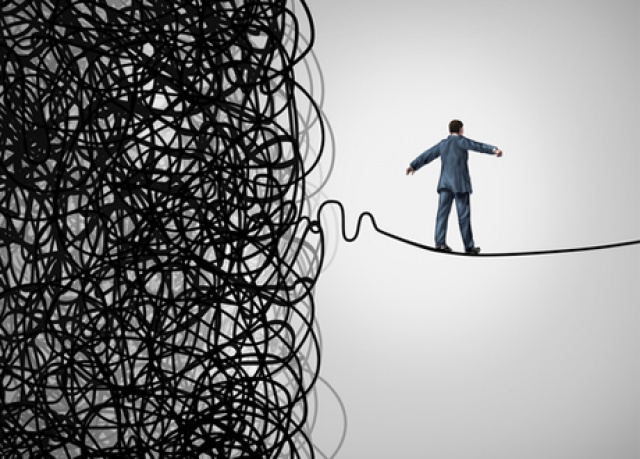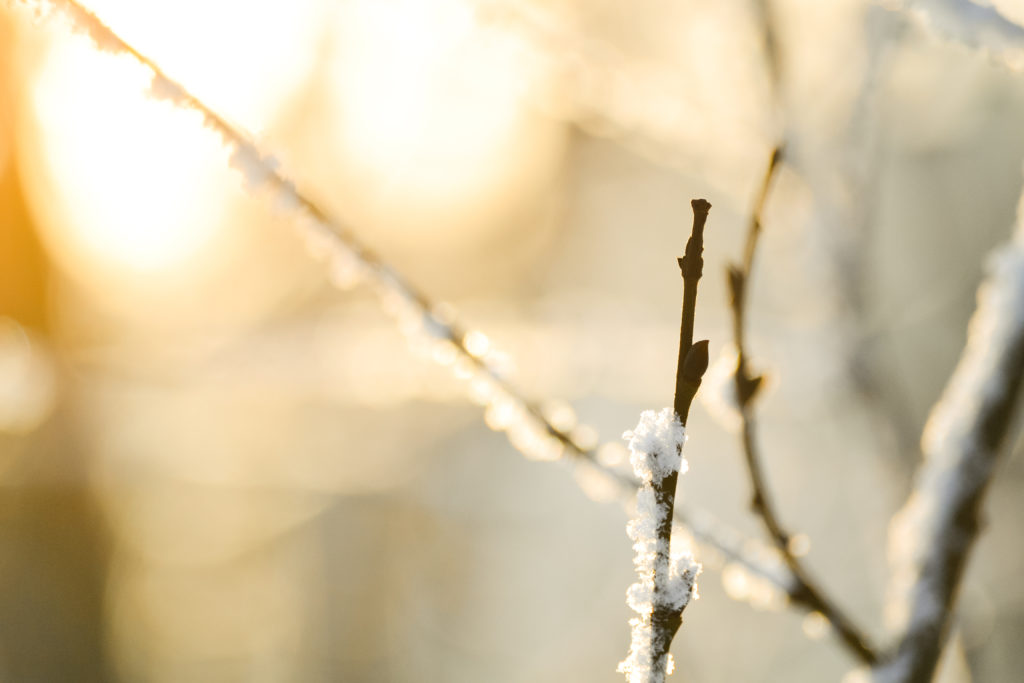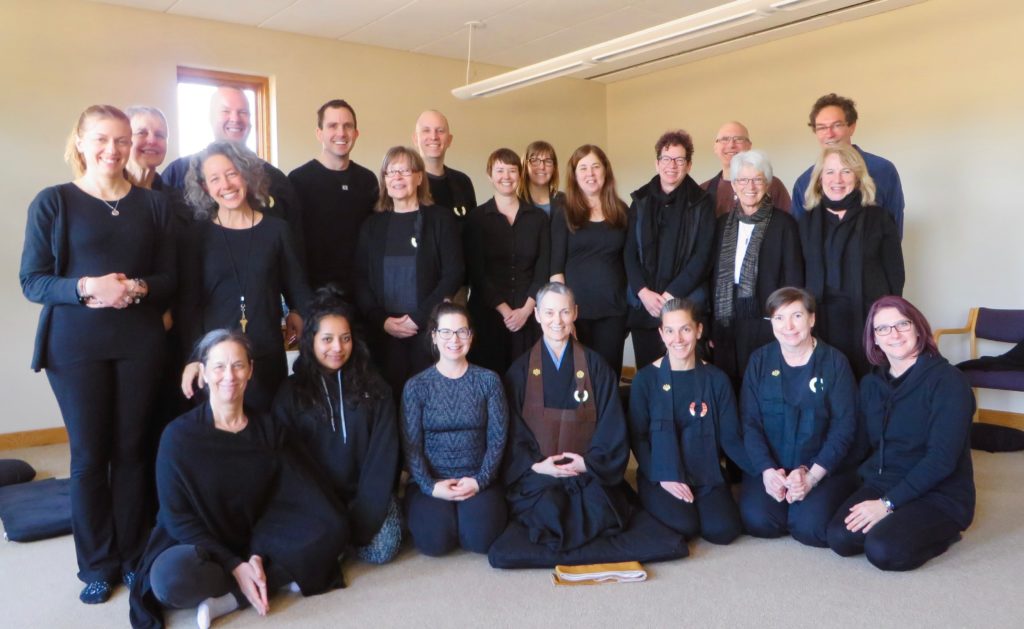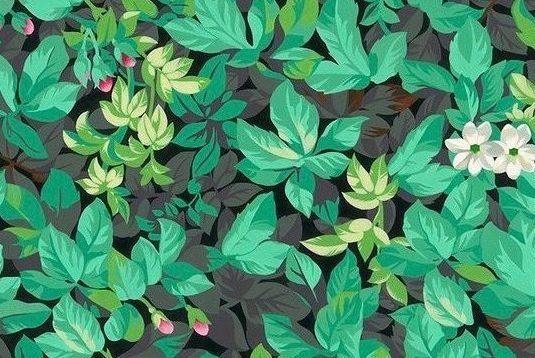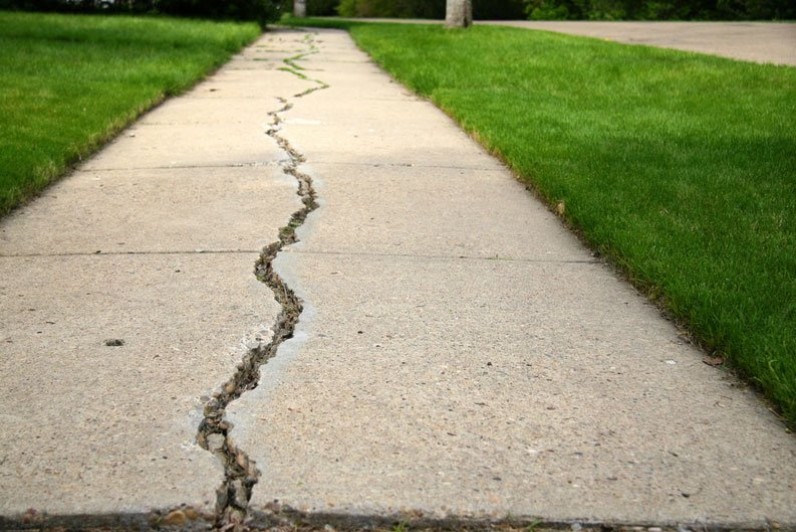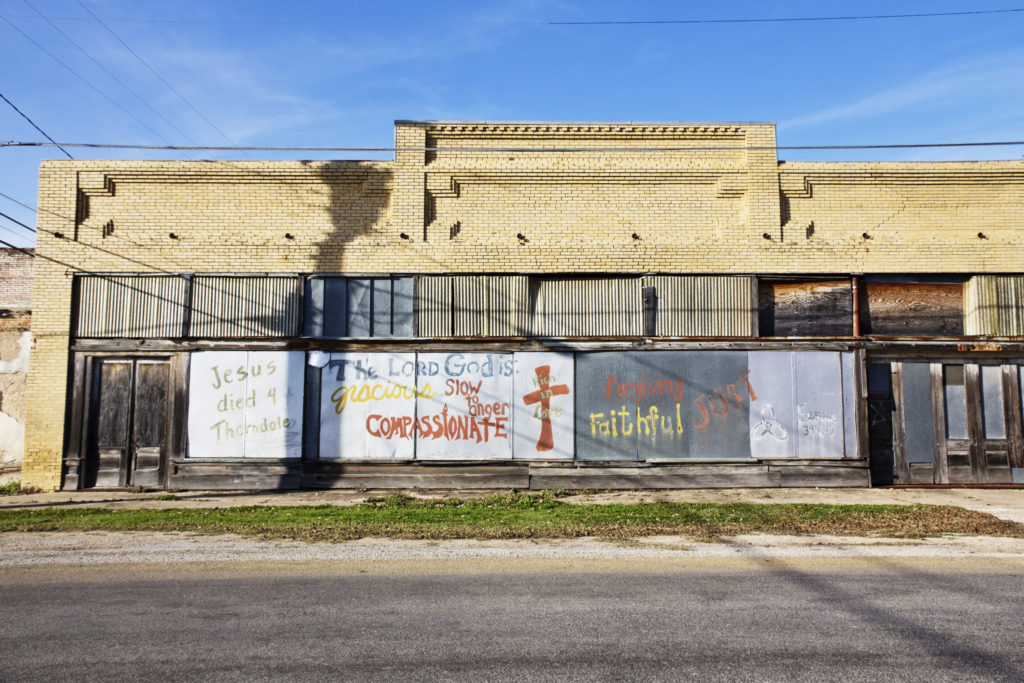
Thorndale, Texas by Adrienne Breaux
For where two or three are gathered together in my name, there I am in the midst of them. — Matthew 18:20
I’ve had this verse on my mind since I spent time in the hospital. I wasn’t in the hospital being a patient, mind you, but rather being patient, cultivating one of the virtues required of us in difficult circumstances.
A friend was having major surgery, and I accompanied her into the hospital and sat beside her as she mended for a day or so after. Although I didn’t do anything while I was there, I learned some things.
I learned, for instance, that a hospital is its own country, with its own language, symbols, rituals and time, its own days and nights. The outside, with its calliope of circus distractions, doesn’t exist. The first day I just sat in a waiting room with strangers whiling away the time. I was alone until a family came up to me and asked if the empty seats nearby were taken. We shared the lengthening hours then, talking about weather and pets, bound by our communal experience of waiting and worry.
It is a beautiful thing to see how much you have in common with people you’ve never met and know nothing about. People you might not see again and would likely never recognize. The circumstance connects you in a clarifying way, and you can see beyond appearances, beyond what you might otherwise judge on face value.
I learned that even the most confident doctors can pray, and that their shoulders carry the weight of our urgent faith.
I saw that even after 12 hours on the job nurses still enter sick rooms with a smile and leave with a thank you.
I watched a phlebotomist take blood so gently, so tenderly, asking permission and making apology while causing no pain, all because, she said, “I put myself on the patient’s side.”
I learned that it is always possible to be kind, and that most people already are.
The hospital gave me hope, tremendous hope. Not hope in miracles, but hope in healing. The hope that we can turn this thing around, that we can begin to heal one another even if only by twos or threes, which is the really good news, because that means we can do it right now where we are with the first stranger passing by.
Life in community
I read one pastor’s take on this Bible verse and I really liked it. She said that the verse instructs us to live our spiritual lives in community, with others, where there is conflict and contention to be reconciled. It’s in our differences, you see, that grace is revealed, that we are rescued and redeemed from our self-interest and thus able to love a neighbor with equal devotion.
In Buddhism we call this sangha. It is honorable for its harmony, and it is everywhere.
What is killing our communities? I wondered about that this week when I read the story of the unrepentant Austin bomber, isolated and frustrated by his life living in a town reminiscent of one I once knew.
Reading that he was from Pflugerville, Texas, reminded me of Thorndale, Texas, just 30 miles northeast, where my mother’s people had lived. Both towns were founded by farmers in the late 19th century for the sake of common interests: to have a school and a church, a general store and a post office, a bank, a cemetery and a cotton gin. These were real communities that arose out of real needs, needs met by being shared among the many.
Thorndale hasn’t changed. Progress passed it by. But not so Pflugerville, where real estate developers arrived in the ’80s to remake it into an Austin suburb. A city of 60,000, Pflugerville is now rife with master-planned communities, neighborhoods of sameness secured by fences and gates, valued for what’s left out as much as what’s put in.
What does living in community mean any more? There’s no grace, no spiritual good when we make our community out of one ideology or income bracket, and Lord knows there’s no salvation to be found in Facebook, either. These days the word, community, is used for everything while meaning nothing.
I spent two days watching how it works in a hospital, and this is what I saw. We have to get real, people, to get better, and we have to do it together before it’s too late.
You might want to watch a beautiful film, The Florida Project, about a community left on the fringe after Disney fashioned a make-believe world.




